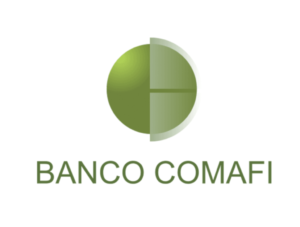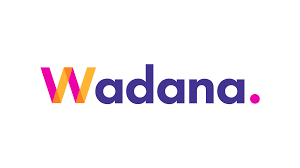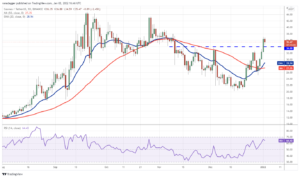The Taliban takeover of Afghanistan in 2021 ended a 20-year period of US control of the region. The period began with President George Bush’s so-called “War on Terror”.
Now, the government of the extremist group seeks to recover the country’s assets distributed in financial institutions in the western world. The country faces financial crisis, hunger and inequality mainly in relation to women’s rights since the Taliban seized power in 2021.
Western countries and even China and Russia are reluctant to take over the Taliban government because of past human rights violations. They fear that the country will become a haven for terrorists. Negotiations are moving slowly, but the Taliban is showing an interest, at least superficially, in establishing relations and agreements.
The Taliban and the seizure of power
The Taliban is an extremist Islamic-based group that took over the government of Afghanistan in 1996 after the end of the Cold War. The formation of the group has its origins in American funding of Islamic countries to fight Soviet domination.
However, after the end of the dispute between the countries, Afghanistan was left without an authority to control society. The free space made it possible for armed groups to assume power.
In addition to the lack of a proper government structure, the Taliban’s biggest problem in power is the lack of respect for human rights. The group has a very peculiar view of religion and social relations, and criticizes the relationship with the West.
The trigger came in 2001, after the terrorist attack on the World Trade Center on September 11. It was proved that the attacks were orchestrated by Osama Bin Laden, Leader of Al Qaeda, a terrorist group in Afghanistan, which at the time was under the control of the Taliban. The US invaded and took over Afghanistan a few days after the bombing.
After twenty years, the US announced that it would relinquish control of the region, which again opened the way for the Taliban to return to power.
In 2021, the group seized power without much resistance from the US, and dubious policies of treatment of the population soon returned. Women were immediately banned from going to school.
Due to the violation of human rights, many countries do not recognize the Taliban government. Trading Afghan assets outside the country is a way of establishing a dialogue with the country’s command, which does not accept Western standards very well.
Negotiations
Since the Islamic extremist group took power, negotiations for the acquisition of Afghan funds had not been successful.
The first failed attempt took place in March of this year. At the time, there would be a meeting in Doha to discuss the issue. The condition would be that the Taliban should promote the creation of a secondary school for girls. However, after Islamic leaders declined the pledge, Washington called off the meeting.
The current proposal is for the creation of a trust fund controlled by the World Bank.
On the one hand, the United States and Western countries fear for the integrity of Afghan citizens. Therefore, they understand that making resources available to a government that does not respect human rights or banking legitimacy could mean helping the country’s destruction.
On the other hand, Taliban authorities argue that the creation of the trust fund could mean the existence of a parallel financial structure. This, to some extent, delegitimizes the Taliban government and would give power to other external entities.
In addition to government issues, many members of the Taliban government are accused of terrorism, and have personal issues with the United States. In addition, about 3.5 billion Afghan dollars are contested by the US arising from the attacks of September 11, 2001.
Relations between the two countries are still quite fragile, considering the tumultuous past. However, the balance of powers for the financial question is still a tool to try to contain extremist actions and save lives.
- Bitcoin
- blockchain
- blockchain compliance
- blockchain conference
- coinbase
- coingenius
- Consensus
- crypto conference
- crypto mining
- cryptocurrency
- decentralized
- DeFi
- Digital Assets
- ethereum
- machine learning
- news
- non fungible token
- plato
- plato ai
- Plato Data Intelligence
- Platoblockchain
- PlatoData
- platogaming
- Polygon
- proof of stake
- Update on Bitcoin
- W3
- zephyrnet









